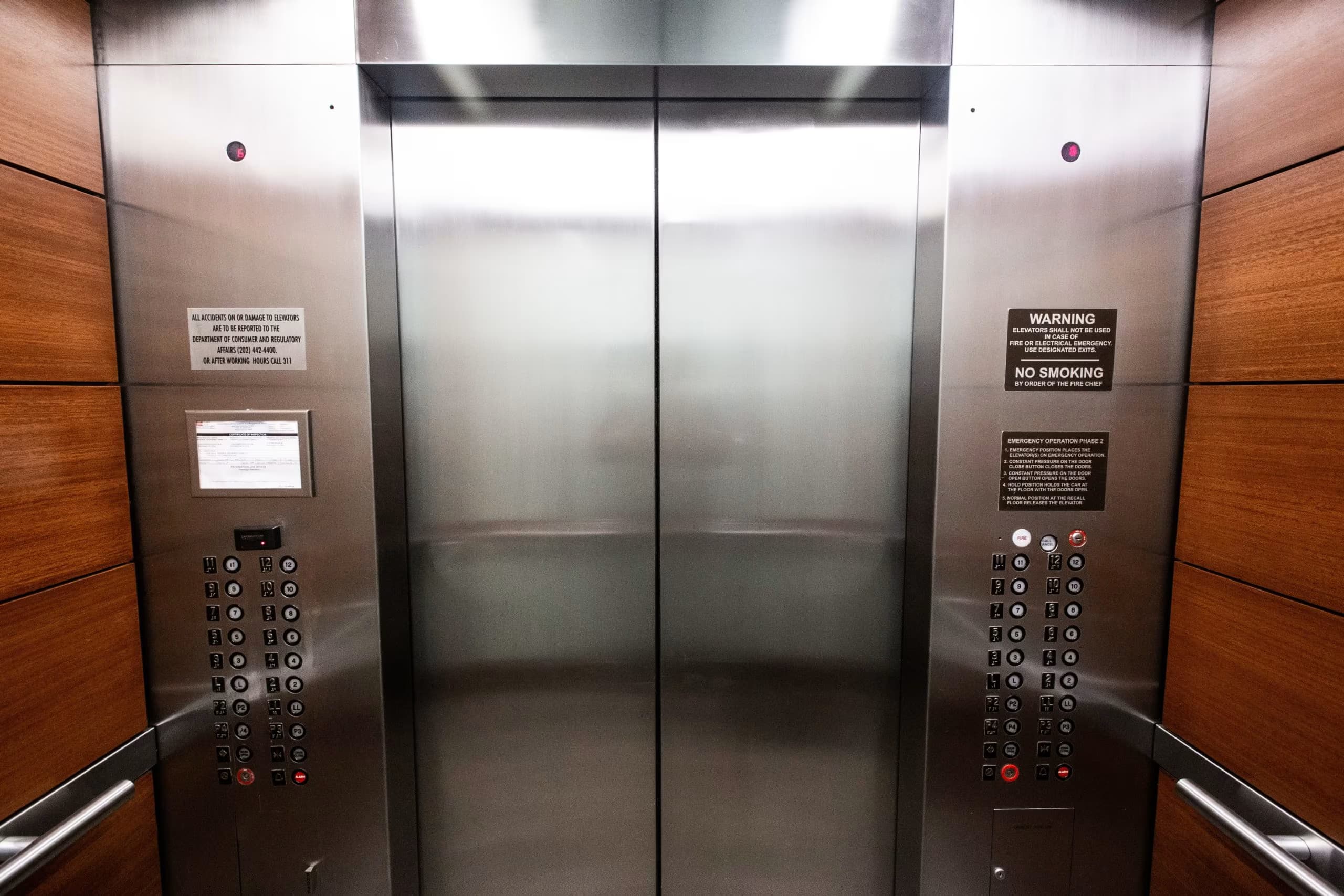
2025-12-15
5 Reasons to Introduce Cyber Extortion Insurance For Employees

2025-12-15
How to Build Courses with a WordPress LMS

2025-12-15
Data Analytics for Proactive Elevator Maintenance

2025-12-14
How AI Calculation Tools Help HR Make Better Decisions

2025-12-14
Best Practices For Resolving Parenting Matters

2025-12-14
What Fortune 500 Leaders Teach Us About the Power of the Perfect Sentence

2025-12-14
Mistakes Law Firms Make when Growing their Business

2025-12-12
How Digital Entertainment Platforms Reflect the Future of Employee Engagement

2025-12-10
Will a Dismissed Criminal Charge in Florida Show Up on an Employment Background Check?

2025-12-10
What to Look for When Recruiting Amazon Marketers

2025-12-10
Organizational Citizenship Behavior: What Research Reveals About Driving Real Performance

2025-12-09